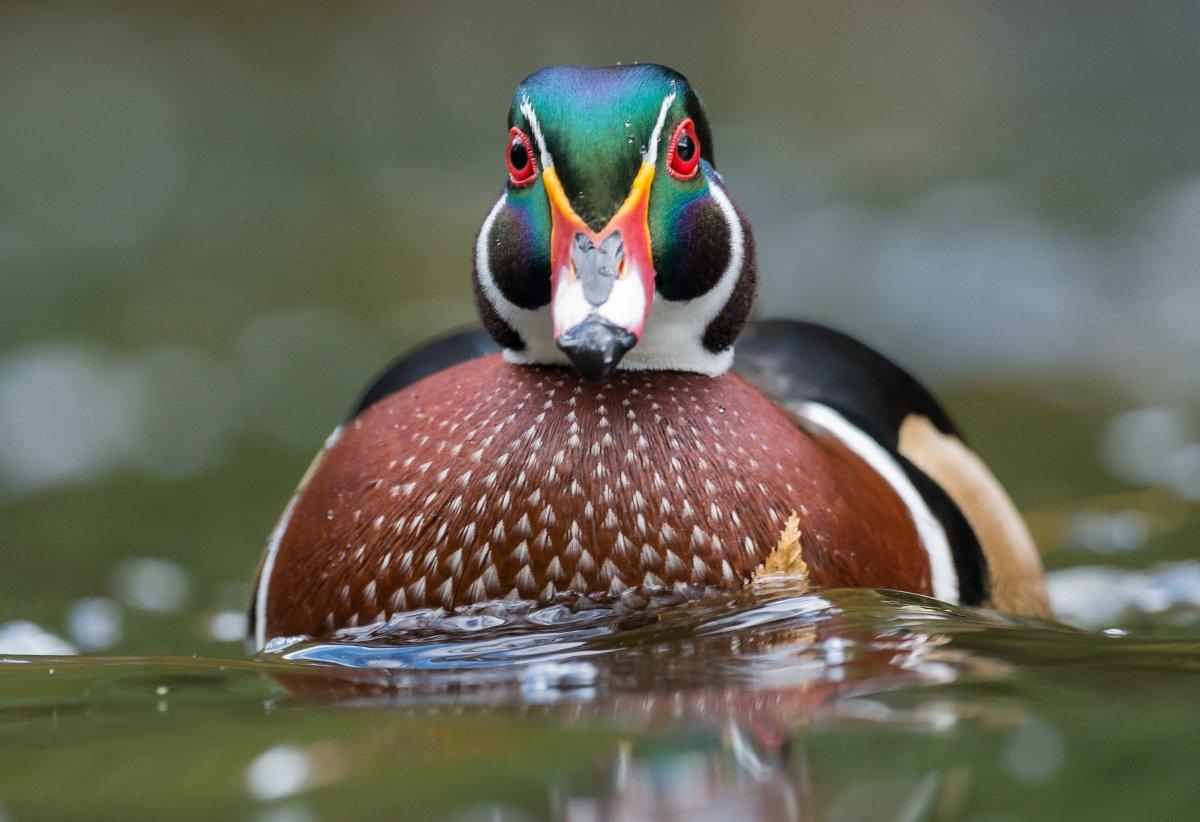The season is months away, but school remains in session
Spring holds a special appeal for waterfowl hunters, even if we can't chase light geese or have to wait until April for turkey season.
Ducks, long absent from many Midwestern and Northern areas, begin their journey northward, arriving in spectacular numbers and resplendent in full breeding plumage. Better, they thrill observers with graceful courtship flights and congregate in ridiculous numbers at places they seemingly avoid during the season.
Looking at multiple taxidermy-worthy birds through binoculars or a spotting scope can resemble torture. But really, the chance to observe spring ducks provides a learning opportunity. Here are a few things they can teach us.
Sound
When ducks gather in large concentrations, they'll be fairly vocal. You might hear mallard quacks, wigeon whistles, the trilling whistle of pintails, the nasally five-note quack of bluewings, seemingly strange grunts and quacks from divers and many other sounds. Obviously, this is a great chance to become more familiar with the intricacies of duck vocalizations and apply those lessons to your calling.
Further, watching ducks as they call provides insight about what they're saying and how they react to certain vocalizations. Listen to contented, feeding ducks on the water. Pay special attention to the calls birds make as other ducks approach. Incorporate those real sounds into your calling routine next fall.
Flight
Spring often brings windy or unstable weather, so ducks seem to move frequently. Watch how flocks approach birds on the water or in a field. Note how they bank, work into the wind and, especially, where they land. Moreover, observe how birds look in the water and ag fields. Take notice of their body posture, head posture and subtle movements. Try to use that info in your decoy spreads during the season.
It's especially cool to watch diving ducks approach rafts of their brethren on big water. Watch how they love to fly over their buddies and then plop down suddenly in small open areas. There's a lesson there for your next open-water hunting spread.
Spots?
Of course, when we see loads of ducks on a spring marsh or lake, our first thought is to hunt the heck out of that spot in fall. However, that might be the toughest lesson spring ducks provide: Areas they favor during the northbound migration don't always hold birds in fall.
I used to learn this the hard way every year. During spring, I'd watch groups of ducks feeding and loafing along shoreline areas of my local lake and assume they were attracted there by some food or another habitat feature. Then, come fall, I'd check those spots to find … nothing. The same goes with many good nesting and summer areas. They're great for making and raising ducks but not necessarily ideal for hunting.
Ducks and geese have different requirements in spring than in fall. Autumn birds are nudged southward by photoperiodism and weather, often stopping for long periods to build up fat reserves in preparation for the next step of the journey. Spring birds are simply trying to jet north to their nesting grounds as quickly as possible. Sure, they have to feed and rest, but given ideal conditions, they might be in and out of an area very quickly. Further, ducks and most dark geese are not subject to human hunting pressure during this time, so their location preferences might vary greatly compared to when they face a gauntlet of guns.
The lesson is clear: Enjoy watching birds in spring, but scout with an open mind before autumn.
Spring Fling
You'll never be sorry about taking a few hours or days to watch and learn from spring ducks. If nothing else, seeing vast numbers of gorgeous birds fills us with anticipation and lets us know the future is bright.
Click here for more Realtree waterfowl hunting content. And check us out on Facebook.








